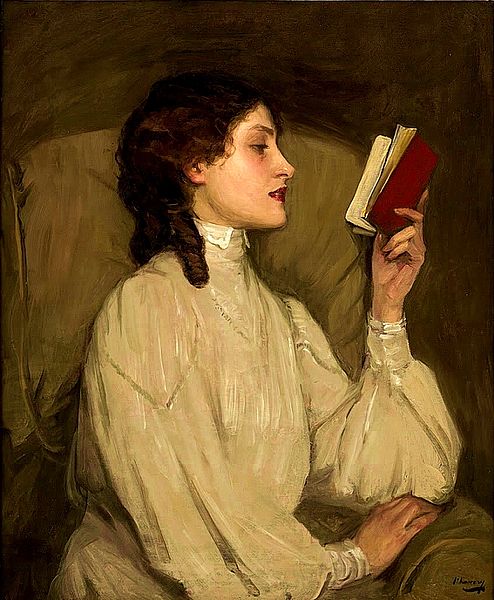Heated debates about the quantifiable value of arts and literature are a common feature of American social discourse. Now, two researchers from The New School for Social Research have published a paper in Science demonstrating that reading literary fiction enhances a set of skills and thought processes fundamental to complex social relationships—and functional societies.
Ph.D. candidate David Comer Kidd and his advisor, professor of psychology Emanuele Castano performed five experiments to measure the effect of reading literary fiction on participants’ Theory of Mind (ToM), the complex social skill of “mind-reading” to understand others’ mental states. Their paper, which appears in the Oct. 3 issue of Science is entitled “Reading Literary Fiction Improves Theory of Mind.”
To choose texts for their study, Kidd and Castano relied on expert evaluations to define three types of writing: literary fiction, popular fiction, and nonfiction. Literary fiction works were represented by excerpts from recent National Book Award finalists or winners of the 2012 PEN/O. Henry Prize for short fiction; popular fiction works were drawn from Amazon.com bestsellers or an anthology of recent popular fiction; and non-fiction works were selected from Smithsonian Magazine.
After participants read texts from one of the three genres, Kidd and Castano tested their ToM capabilities using several well-established measures. One of these measures is the “Reading the Mind in the Eyes” test, which asks participants to look at black-and-white photographs of actors’ eyes and indicate the emotion expressed by that actor (see Figure 1 below). Another one is the Yoni test, which includes both affective trials and cognitive ones (see Figure 2 below). “We used several measures of ToM to make sure the effects were not specific to one type of measure, thus accumulating converging evidence for our hypothesis, ” the researchers said.
Across the five experiments, Kidd and Castano found that participants who were assigned to read literary fiction performed significantly better on the ToM tests than did participants assigned to the other experimental groups, who did not differ from one another.
The study shows that not just any fiction is effective in fostering ToM, rather the literary quality of the fiction is the determining factor. The literary texts used in the experiments had vastly different content and subject matter, but all produced similarly high ToM results.
“Experiment One showed that reading literary fiction, relative to nonfiction improves performance on an affective ToM task. Experiments Two through Five showed that this effect is specific to literary fiction,” the paper reports.
Kidd and Castano suggest that the reason for literary fiction’s impact on ToM is a direct result of the ways in which it involves the reader. Unlike popular fiction, literary fiction requires intellectual engagement and creative thought from their readers. “Features of the modern literary novel set it apart from most bestselling thrillers or romances. Through the use of […] stylistic devices, literary fiction defamiliarizes its readers,” Kidd and Castano write. “Just as in real life, the worlds of literary fiction are replete with complicated individuals whose inner lives are rarely easily discerned but warrant exploration.”
“We see this research as a step towards better understanding the interplay between a specific cultural artifact, literary fiction, and affective and cognitive processes,” Kidd and Castano say.


